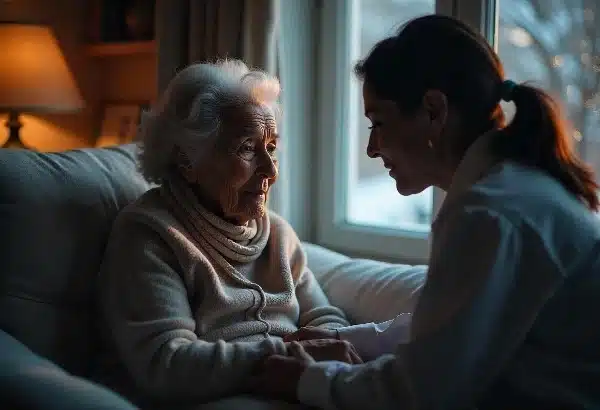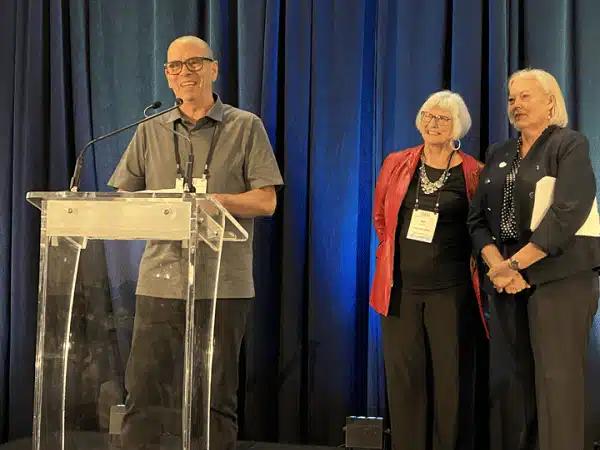For decades we have asked, is it better to hydrate someone who is no longer able to swallow in their last days and hours, or is it better to not intervene? Finally, the research we have all been waiting for… a double-blind placebo-controlled randomized study…
Dr Russell Goldman and Dr. Ramona Mahtani reviewed this article at the HPC Ontario conference. I was unable to find this article free online for you to read. So, will provide the link to the abstract and the article, and use the writers words to best summarize their findings.
“The vast majority of patients with cancer at the end of life receive parenteral hydration in hospitals and no hydration in hospice, with limited evidence supporting either practice. In this randomized controlled trial, we determined the effect of hydration on symptoms associated with dehydration, quality of life, and survival in patients with advanced cancer. A double blind, controlled study, looking at fluids in the last days.”
Findings: “Hydration at 1 L per day did not improve symptoms, quality of life, or survival compared with placebo.”
This is important research to know about if we care for people in their last months. It is so common for family to ask, “If my loved one does not drink, will they be comfortable? Should we transfer her/him to the hospital for IV or SC fluids?” We need to be prepared to respond.
For more information:
(For nurses, remember that we can access articles through NURSE ONE the CNA online library!)










One Response
This is very valuable information for all health care professionals, as well as chaplains and social workers to have. Many thanks to the researchers for their work. As a nursing instructor and hospice nurse I have been teaching this information to everyone who comes in contact with the patient and/or family and friends, as well as lay people, who are the frontline caregivers, for many years. There are always questions and now we have a definitive answer. 3 cheers!